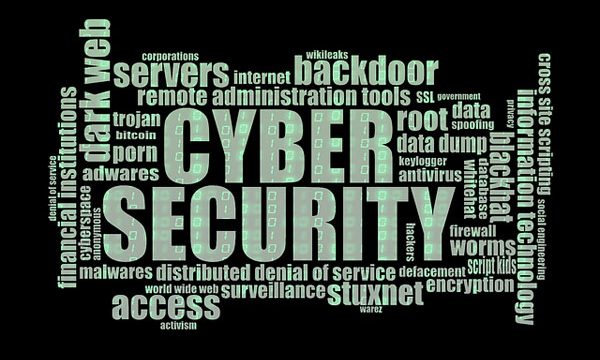
Today, we as people have become ever so dependent on our computer systems for acquiring information and storing information. Because if this fact, Trojan horses, spyware, viruses and identity theft can all have huge ramifications for our lives, if we fall victim to them. Best computer practices are a combination of both security software and physical protection. To fully secure your system, you need to adopt both.
Below are 5 tips that you can use to ensure your system is safe from any harm.
- Use Internet Security Software
Your best mode of protection against computer viruses is antivirus software. Although most viruses spread from internet downloads and our emails, there are many that are able to infiltrate our systems through networks and external storage devices.
There are so many ways that a virus can get onto your system, which is why it’s nearly impossible to protect yourself from all of them. It’s for this reason why you want to start small, with a good antivirus tool.
Once you have the tool up and running on your system, you’ll want to ensure it is kept up to date. Most of these antivirus tools have auto-update set to on, so you’ll need to ensure you always have access to the internet and that this feature has not been disabled.
Antivirus software is designed to protect your system from known viruses. Computer hackers are constantly coming up with new viruses every single day, which is why you should always be on your guard.
- Use Strong Passwords
You want all your passwords to be strong, as there is power in it. It’s recommend you go with passwords that have at least 8 characters in it, combining numbers, letters and symbols. Strong passwords are far more difficult for hackers to hack, as opposed to more generic ones. Try combining phrases that mean something to you, that way you can better remember them, and never share your passwords with anyone.
- Scan All Your Email Attachments
If you want to ensure that no viruses get onto your computer, then you must start scanning all attachments that you receive in emails. Viruses tend to lurk inside these emails, sent by family members and friends. While, the attachment may appear legit, as an image of a friend or family member, an antivirus scanner will be able to find the virus inside it. If you receive an email that has a link in it, then hover over it with your mouse to check whether the URL goes to the location it specifies. That way you can best ensure where you’re going on the internet.
- Restrict Administrative Access
In an office space or home where everyone is using the same computers, everyone is literally at the mercy of the next person. No matter what you do to keep your computer safe, anyone who has the right administrative access can download and install an infected program onto the computer.
When dealing with these multi-user environments, it’s always best practice to restrict who has administrative access and who does not. In fact, it’s probably best that you only have one administrator account, and then give everyone else who uses the computer non-administrative access.
You only need administrative access when you want to alter a setting or install a new program on the system. It’s for this reason why most people on the system will not need such privileges. This minimises the amount of accidental situations that can occur when you give every person the privileges to mess the computer up.
- Avoid Sites You Don’t Know
The internet browser is slowly becoming the biggest vulnerability in the chain of computers. There are many spyware and adware programs that are created to specifically exploit web browsers like Firefox, Internet Explorer and Chrome. So you may just want to stay with sites that you’re familiar with.
While these are not the only steps you can and should take, following the information here should go a long way in safe guarding your system from the more common threats.
–AUTHOR INFO—
Uchenna Ani-Okoye is a former IT Manager who now runs his own computer support website https://www.compuchenna.co.uk.








